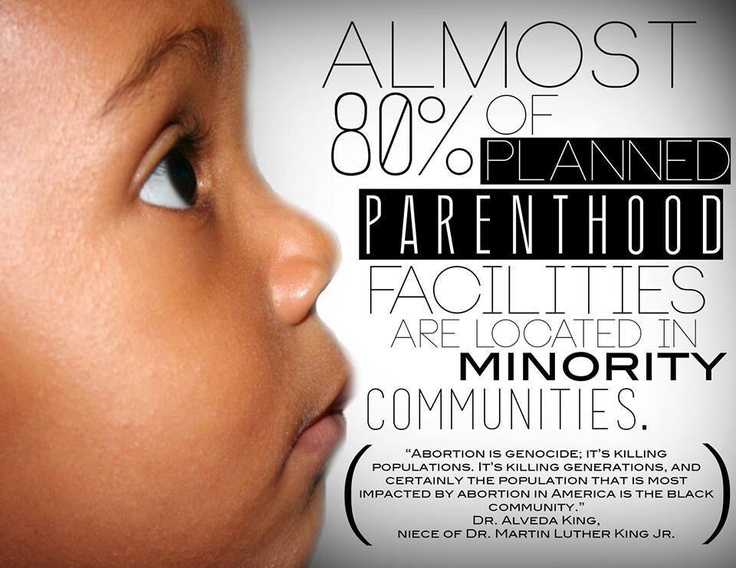The pro-choice movement certainly isn’t associated with support of oppression; it is about liberation from the socially acceptable harm that denial of bodily autonomy inevitably causes, it is about depoliticizing bodies; it promotes inclusion of Trans* folk in conversations regarding reproductive justice, because reproductive healthcare should not be a ‘right’ allotted exclusively to cis women considering it does not exclusively impact cis women. Trans* and Non-Binary folk struggle greatly to receive adequate healthcare–at hospitals, at Minute Clinics, at OB/GYN, general doctors visits (Trans* folk often face bias from primary care physicians regardless of the medical issue being addressed), and within the mental healthcare system in-and out-patient facilities. It is no different when it comes to adequate reproductive healthcare, it is arguably worse, as it is not only cisnormative bias being faced–it is an erasure of bodies and invalidation of identities. The pro-choice movement strives towards a stance of intersectionality, always taking into consideration how age, gender, (a)sexuality, economic class, social class, race, weight, immigration status, ability, and other factors that create unique kinds of oppression faced by groups and individuals who exist at these intersections — reproductive justice for everyone, affordable and easily accessible healthcare for all who seek it.
Except that it wasn’t always this way.
Margret Sanger is celebrated as the unofficial mother of the pro-choice movement. She founded Planned Parenthood, and coined the term ‘Birth Control.’ While she is touted as a beacon by many parts of, and people in, the pro-choice movement, the beginnings remain largely unspoken about, the roots of Sanger’s belief system glossed over or downplayed. Margret Sanger should absolutely be recognized as the beginning, or at least a tangible starting point, of reproductive healthcare advocacy. It should absolutely be recognized, as well, that Sanger was a White Supremacist, and her fierce advocacy for universal birth control stemmed from her avid support of Eugenics. For women during Sanger’s time, birth control meant control over their own bodies, making becoming a parent a choice, and when to become a parent an autonomous decision. If those women in question were white, of acceptable (upper- or educated-) class, and of a ‘preferable disposition’ that fit within a pre-defined set of criteria, that is. For ‘undesirables’ (determined by the same factors that determine oppression today: race, economic and social class, ability, (a)sexuality, and so on) birth control also meant control over reproductive choices–but not their own, freely formed autonomous ones. Rather, for ‘undesirables’ birth control literally controlled that decision, the choice to become a parent stolen from them using the same methods otherwise celebrated as liberating.
Eugenics is the pseudo-science of creating a superior race, preventing certain people from bearing children and forcing certain others to do so depending on whether they were ‘superior’ or not; it is often associated with the atrocities committed by Third Reich ‘scientists’ in Nazi Germany. Eugenics was an ideology or practice that sought to eliminate races other than those of white European descent, eliminate people with physical and cognitive and intellectual disabilities, and even strove to create or allow certain bodily features over others (a slim nose, for example, or lack of freckles). The idea was to create a Perfect Race. Sanger’s birth control served as a sterilization method; abortion advocacy was originally a preventative measure taken to further ensure there remained no ‘undesirable propagation.’
Pro-choice movements today clearly do not promote or perform or strive to recreate any of this. Despite that fact, Sanger remains a figurehead of the movement. Often, though, this is because participants are truly unaware of the checkered history behind it, the original goals of universal birth control, abortion, and other medical and social practices regarding reproductive health. That knowledge is glossed over or made invisible by a lack of recognition. Contemporary advocacy having improved greatly is not justification for the glossing over of an atrocious past. Sanger did begin what is now a pro-choice movement that includes advocacy for easily affordable and easily accessible abortions as important to adequate healthcare and vital to bodily autonomy, and stressing the need for, and benefits of, universal access to birth control, and fiercely making sure we do everything we can to advocate the benefits–the necessities–Planned Parenthood provides. Especially in the face of many clinics in multiple states continuing to be shut down at a terrifying pace because of the heavy politicization of bodies. Margret Sanger should not, however, be molded into a Patron Saint of Reproductive Justice, something she is not, merely because it would be easier to swallow if she was.
Acknowledging the past is one of the most important steps in constructing a future that benefits us all. Checkered beginnings do not cancel out all the good pro-choice movements have done, and continue to do–but all the good pro-choice movements have done, and continue to do, does not cancel out checkered beginnings.
Margret Sanger’s vision was not our own. Her vision has evolved, reshaped, modified, and grown to become what it is now is our own vision, and that is damn-important, powerful progress.





